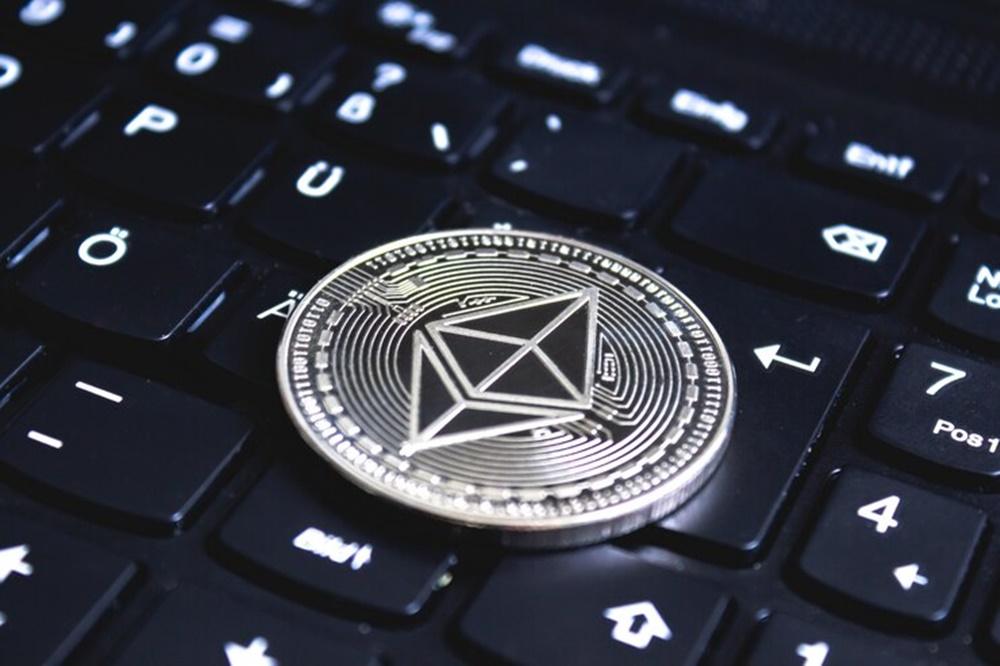Are Crypto Wallets Anonymous: The Truth About Privacy in Cryptocurrency

Introduction
Cryptocurrency has always been associated with privacy and anonymity. Many people believe that using crypto wallets allows them to remain completely anonymous while making transactions. But is this really the case? Are crypto wallets anonymous, or is there more to the story?
This article will explore how crypto wallets work, whether they provide anonymity, and what steps users can take to enhance their privacy when using cryptocurrencies.
What Is a Crypto Wallet?
A crypto wallet is a digital tool that allows users to store, send, and receive cryptocurrencies. There are two main types of wallets:
- Hot Wallets – Connected to the internet, such as mobile apps, web wallets, and desktop software.
- Cold Wallets – Offline storage methods like hardware wallets and paper wallets.
Each type of wallet has different security and privacy features, but neither guarantees full anonymity by default.
How Crypto Wallets Work
Crypto wallets do not store actual coins. Instead, they store private keys, which give users access to their digital assets on a blockchain. Every transaction made with a wallet is recorded on a public ledger, which is viewable by anyone. This transparency is one of the fundamental aspects of blockchain technology.
Are Crypto Wallets Truly Anonymous?
The short answer is no—crypto wallets are not completely anonymous. Instead, they are pseudonymous. This means that while transactions are not directly tied to a user’s real-world identity, they are still recorded on the blockchain and linked to a specific wallet address.
Why Crypto Wallets Are Not Fully Anonymous
- Public Ledger – Every transaction is recorded and visible to anyone.
- Wallet Addresses – Although they don’t contain personal details, they can be traced back to users.
- KYC Regulations – Many exchanges require identity verification before allowing users to withdraw funds.
- IP Tracking – Some blockchain analysis tools can trace transactions back to IP addresses.
How Transactions Can Be Tracked
Blockchain analytics firms use advanced tracking methods to deanonymize wallet addresses. Here’s how they do it:
- Address Clustering – If a user sends crypto from one wallet to another, both addresses can be linked.
- Exchange Logs – If a user withdraws from a KYC-compliant exchange, their wallet can be tied to their identity.
- Transaction Patterns – Large or repetitive transactions can create identifiable patterns.
Which Cryptocurrencies Offer Better Privacy?
While Bitcoin and Ethereum are pseudonymous, some cryptocurrencies offer enhanced privacy features, including:
- Monero (XMR) – Uses ring signatures and stealth addresses to obscure transaction details.
- Zcash (ZEC) – Allows for shielded transactions that hide sender and receiver details.
- Dash (DASH) – Features a PrivateSend function that mixes transactions for added privacy.
Best Practices for Enhancing Anonymity
If you want to improve your privacy while using crypto wallets, consider these steps:
1. Use Privacy Coins
Opt for cryptocurrencies like Monero, Zcash, or Dash that have built-in privacy features.
2. Avoid Centralized Exchanges
If you must use an exchange, consider decentralized exchanges (DEXs) that do not require KYC verification.
3. Use Multiple Wallets
Creating separate wallets for different purposes can make tracking harder.
4. Utilize Coin Mixing Services
Coin mixers, or tumblers, mix your coins with others to break transaction links.
5. Connect via VPN or TOR
Using a VPN (Virtual Private Network) or TOR browser helps hide your IP address while making transactions.
6. Use Hardware Wallets
Hardware wallets offer better security and prevent malware from stealing your data.
Are Non-Custodial Wallets More Anonymous?
Non-custodial wallets, such as MetaMask, Trust Wallet, and Electrum, do not require personal information and allow users full control of their private keys. This makes them more private than custodial wallets, but they are still not 100% anonymous.
The Future of Crypto Anonymity
As governments and regulators impose stricter KYC rules on exchanges and wallet providers, achieving full anonymity is becoming more challenging. However, advancements in privacy technology, such as zero-knowledge proofs and layer-2 privacy solutions, may improve anonymity in the future.
FAQs About Crypto Wallet Anonymity
1. Can the government track my crypto wallet?
Yes, law enforcement agencies use blockchain analysis tools to track transactions, especially if funds are withdrawn from regulated exchanges.
2. Do I need to verify my identity to use a crypto wallet?
Non-custodial wallets do not require identity verification, but most custodial wallets and exchanges do.
3. Can I use Bitcoin anonymously?
Bitcoin is pseudonymous, not anonymous. Using privacy tools like mixers or Lightning Network can enhance privacy.
4. Are hardware wallets anonymous?
Hardware wallets provide security but not full anonymity. Transactions made using them are still recorded on the blockchain.
5. How can I make my transactions more private?
Use privacy coins, decentralized exchanges, coin mixers, and VPNs to increase anonymity.
6. Is using a VPN necessary for crypto transactions?
A VPN helps hide your IP address, adding an extra layer of privacy when making transactions.
Conclusion
Crypto wallets provide privacy but not absolute anonymity. While blockchain transactions do not directly reveal personal identities, sophisticated tracking tools can connect wallet addresses to real-world users. By following privacy-enhancing practices, such as using privacy coins, decentralized exchanges, and VPNs, users can improve their anonymity while transacting in cryptocurrencies.
As regulations tighten, the balance between privacy and compliance will continue to evolve, making it crucial for crypto users to stay informed and adopt the best privacy practices available.




